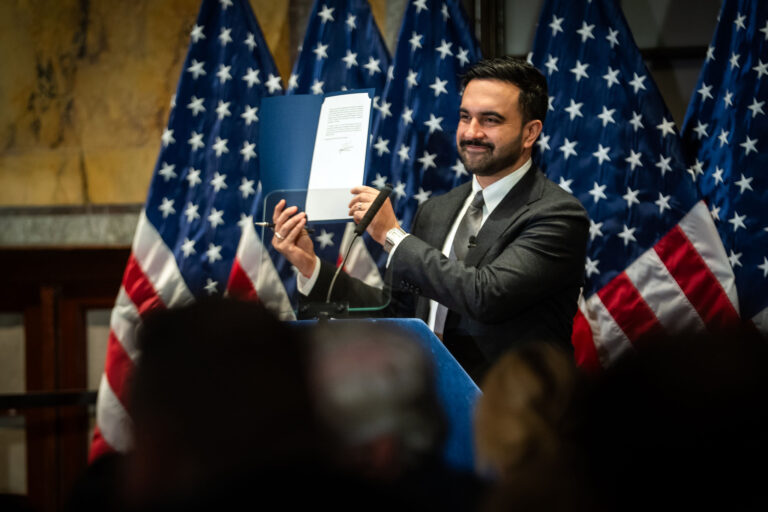Taking care of someone with a serious heart problem may raise your own risk of cardiac disease, a new study finds.
The study of more than 500 family members and others caring for a heart patient showed that those who provided care all or most of the time were more likely to show psychological strain and less likely to eat heart-healthy diets.
Both of those factors upped their own cardiovascular risks.
“The added responsibility that someone has after a loved one leaves the hospital can lead to feelings of isolation, increase depression, and make them not eat as well as they should,” explained lead researcher Dr. Lori Mosca, director of preventive cardiology at Columbia University Medical Center in New York City.
She was slated to present the findings Wednesday at the American Heart Association’s annual Conference on Cardiovascular Disease and Epidemiology, in Colorado Springs, Colo.
Exactly 50 percent of the study participants were caregivers — 39 percent providing care most or all of the time and 11 percent part of the time. Almost two-thirds (63 percent) were women. Caregivers tended to be over 50, unemployed and not to have finished high school.
“The big lesson for physicians is the need to put on our radar screen the fact that caregivers may be at risk,” Mosca said. “It is a missed opportunity in our practice than when someone comes in with a cardiac patient, we do not engage the caregiver in an educational process to the extent that it will help them as well as the patient.”
Mosca and her colleagues put that advice to use, starting a program to induce caretakers in the study to follow healthier diets, with less than 30 percent of calories derived from fat, less than 7 percent of calories from saturated fat and less than 200 milligrams of dietary cholesterol a day.
“There was significant improvement in diet after six weeks with our educational program [79 percent of the participants were following the healthier diet, versus 53 percent at the beginning],” Mosca said. “The ones who were most likely to improve their dietary habits had the highest levels of cardiac risk factors, were younger, and [had] a lower perceived health status.”
Depression often helps boost the health risks associated with caregiving, Mosca noted. In fact, measures of psychological strain were significantly higher among study participants with depression and low social support, she said. “We don’t know if high caregiving strain leads to depression, or if depression increases the sense of strain,” Mosca said.
The link between caregiving and increased cardiac risk seen in the study was predictable, according to Dr. Martha Daviglus, a professor of preventive medicine and medicine at Northwestern University, Chicago, and a spokeswoman for the American Heart Association.
“Taking care of a person who has this kind of vascular disease is a burden,” Daviglus said. “We see the same burden in caring for someone with any kind of serious disease.”
Doctors should be continually aware of the burden borne by caretakers, she added. “We should intervene. When we see a patient with a partner, we should ask about the health of the caregiver and run continuing checks on them.”
(Sources: Lori Mosca, M.D. Ph.D, director, preventive cardiology, Columbia University Medical Center, New York City; Martha Daviglus, M.D., professor, preventive medicine and medicine, Northwestern University, Chicago; presentation, March 12, 2008, presentation, American Heart Association Annual Conference on Cardiovascular Disease Epidemiology and Prevention, Colorado Springs, Col.)










